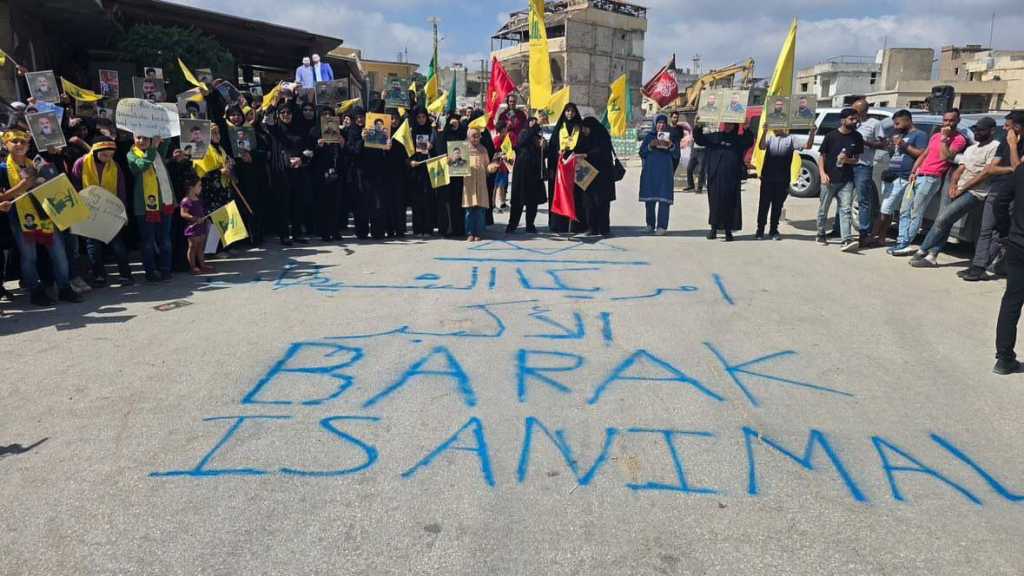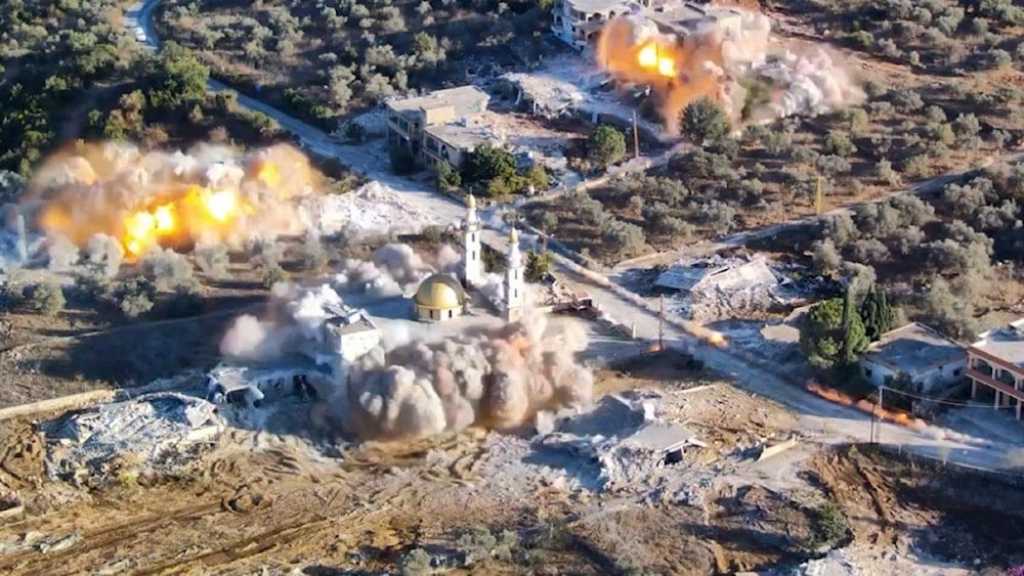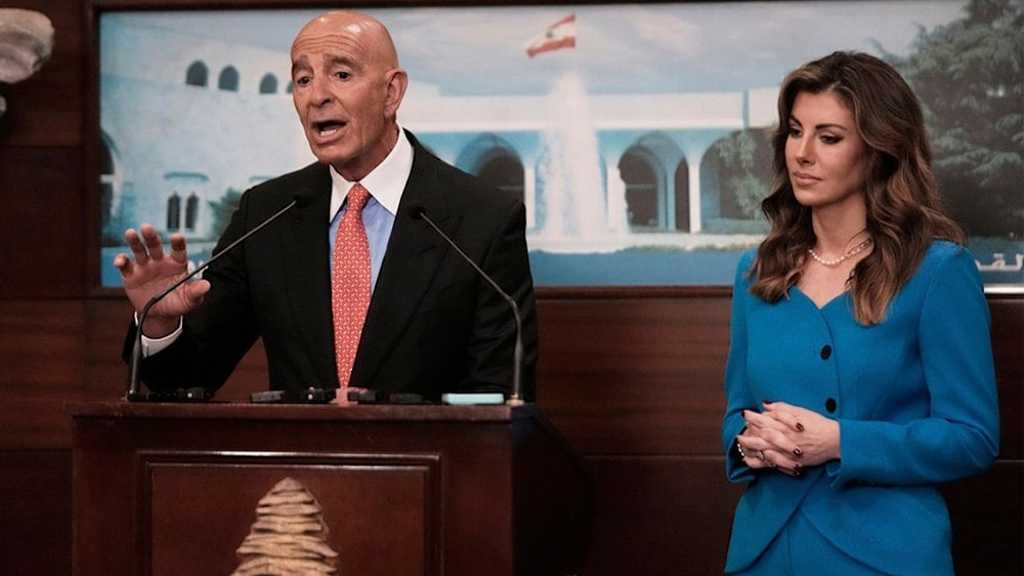Beirut, 13 other cities honor Gaza΄s martyred children ~ Vigils also about those who survived

Source: Daily Star, 09-02-2009
By Karah Byrns
BEIRUT: Hundreds of candles flickered on the seafront at Ramlet al-Baida on Sunday evening in commemoration of Gaza's fallen children. The vigil was one of 13 organized by Mothers Across the World for Gaza in cities across Europe, the Middle East, Africa, and North America to mark the passage of 40 days since the first child was killed during the "Israeli" military's December-January offensive against the Gaza Strip.
The crowd of roughly 200 men, women, and children gathered on the small seaside walkway, most of them dressed at least partially in black, with many wearing the black and white keffiyehs that have become just as fashionable as they are representative of Palestine. Participants in the vigil held thin, white candles, each mounted on a brightly colored square of paper, with the name and age of a child killed in Gaza pinned to their chests. During the vigil, organizers passed megaphones to each participant, who read the name of the child and his or her age out loud for all to hear.
"The whole point is that these are not numbers, these are people with hopes, dreams, and lives that were brutally cut short" said Ramla Khalidi, one of the 10 organizers of Mothers Across the World for Gaza. "This is not just about those who died, but also about those who survived, and who continue to suffer on a daily basis."
For Joumane Barazi, this was the first vigil she has attended in Beirut "because it is not political ... because the right to live is not political. This is simply about the universality of the human right to life." As she held on to two candles, she added that "the flame is symbolic of the spirit, which doesn't die."
Other participants agreed that the message of the vigil differed from that of a protest in that it was a peaceful and apolitical way to express a humanitarian-based solidarity with Palestinians suffering under the current situation in Gaza.
"I have felt solidarity with the Palestinians since I was a child" said Mayada Abdallah. "If we are for humanitarian rights, humanitarian law, freedom, and democracy, let us first show this by applying it to Palestine," she asserted.
Children were given markers to draw and write messages on a long white cloth that organizers plan to put on display in Beirut before sending it to children in Gaza. Imaginations ran wild, with some drawings depicting symbols of peace and happiness, while others depicted mourning, violence, and bloodshed.
Khalil, 10, who is growing up in the Shatila refugee camp, bent intently over his drawing of the symbolic cartoon figure for Palestine, Hanzala.
When asked what he would like to say to a child in Gaza, Khalil replied: "Let him keep on being patient no matter what happens to him, let him be patient until peace comes ... and goodness with it."
After having successfully held their first vigil only in Beirut three weeks ago on January 18, the day marking the ceasefires that ended the 22-day "Israeli" offensive that killed more than 1,300 Palestinians, an estimated 300 of whom were children, the 10 women decided to reach out to personal contacts they had in other countries. They say they were surprised by the international interest that sprung up for their cause, primarily because the most support came not from large, cosmopolitan cities, but from smaller one like Boise in the US state of Idaho.
"These are people like us, who are passionate about the injustices occurring, and who feel this is the only way they can make a stand against it and express their feelings" said organizer Hibah Osman, whose hands rested on the shoulders of her young son, who was focusing on preserving the life of the small flame in his hand.
When asked who she hoped was watching them, she paused before responding and he filled in the gap: "the children in Gaza, so they don't feel alone."
Comments




